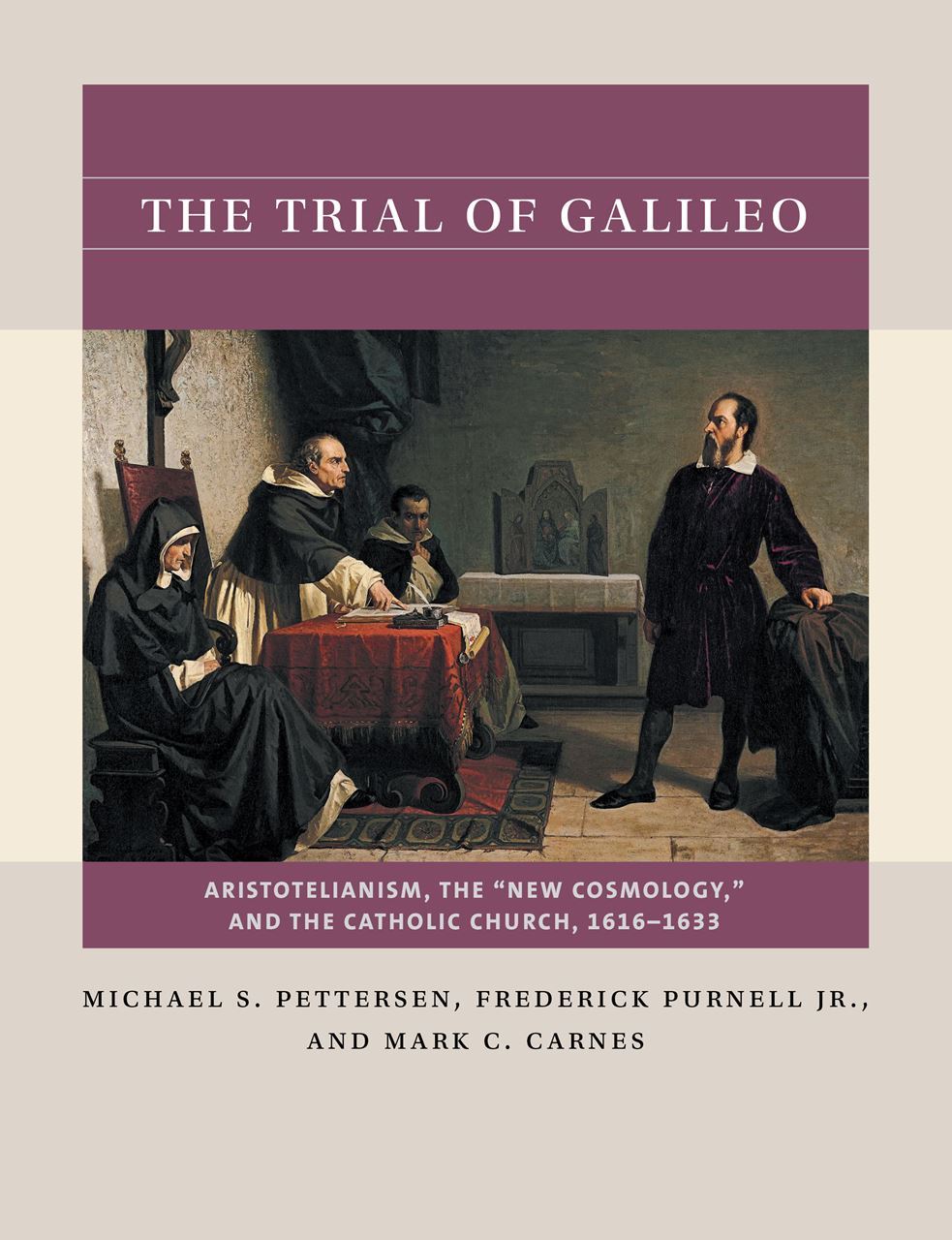 |
 Play this game recently? | Doubt is our product. How do we know if X causes Y? "The Cigarette Century: Tobacco and Lung Cancer, 1964-1965" explores this question in the context of the congressional debates surrounding tobacco and lung cancer after the publication of the 1964 Surgeon General's Report. Players take on the role of senators, bureaucrats, scientists, media representative, and tobacco executives as they seek to interpret the existing body of evidence to inform regulatory policy decisions. The flexible format of the game allows instructors to play the game in statistical and data analysis courses, covering topics including experimental design, data visualization, and measures of risk; as well as well as interdisciplinary and introductory courses exploring topics such as public-facing science, statistical literacy, public policy, and disinformation. |
Details
|
Using the Game |
Class Size and Scalability Class Time |
Reacting Consortium members can access all downloadable materials below. You will be asked to sign in before downloading. Please fill out the Permissions Request Form before using Cigarette Century in your class!
|
Chad Curtis Dr. Chad Curtis is a professor of data science and analytics at Nevada State University. He teaches courses in programming and statistics and mentors undergraduate researchers in biomedical research projects through the NIH-funded INBRE program. His research interests include nanoparticle therapeutics, machine learning, and the scholarship of teaching and learning. He has authored Reacting games for use in STEM classrooms including "Radioactive: The Chemists, the Anthropologists and the Advent of Radiocarbon Dating" and "The Cigarette Century: Tobacco and Cancer, 1964-1965." |
Dr. Ray Kimball is the Founder and CEO of 42 Educational Games Coaching and Design, a service that helps higher ed faculty integrate game-based learning into their classrooms. He is the co-author of Eyeball to Eyeball, 1962: The Cuban Missile Crisis, and a co-editor of Teaching and Learning the West Point Way. He served for 10 years as a faculty member at the U.S. Military Academy, reaching the academic rank of Associate Professor. He holds a Doctorate of Education in Learning Technologies from Pepperdine University and Masters Degrees from Stanford University. |
Members can contact game authors directly if they have questions about using the game. We also invite instructors join our Facebook Faculty Lounge, where you'll find a wonderful community eager to help and answer questions.
|
|
|


